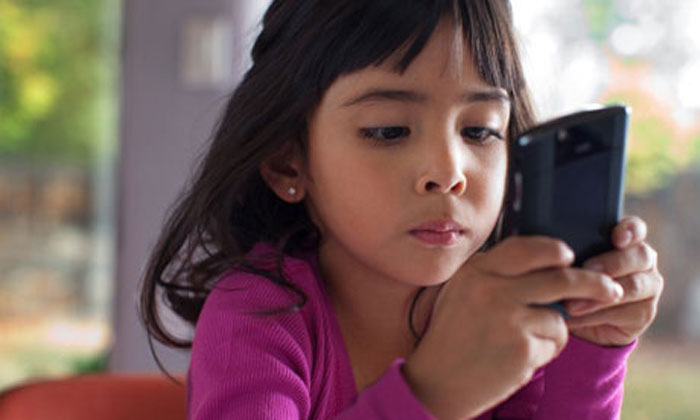Teens be careful about excessive use of mobile phone, it may damage your eyesight.A new study is the latest to link blue-light emitting devices, like laptops, phones and game consoles, to shorter sleep in adolescents.
“There are probably many possible pathways between screen time and sleep, some of which are direct,” said lead author Mari Hysing of Uni Research Health in Bergen, Norway. “The light from the screens may directly affect our circadian rhythms, and teenagers may be especially sensitive.”
As reported in the journal BMJ Open, she and her coauthors analyzed survey responses from almost 10,000 teens, ages 16 to 19, in Western Norway.
More than 90 percent of girls and 80 percent of boys reported using a cell phone in the hour before bed, and laptops were almost as common.
Throughout the day, girls reported an average of 5.5 hours of screen time with any device – a personal computer, cell phone, MP3 player, tablet, game console or TV – and boys averaged almost seven hours per day. A large proportion of those hours were spent chatting online. Boys and girls spent an average of half an hour each day on emails.
Boys averaged almost an hour on console video games and more than an hour on PC games.
Using any device in the hour before bed was associated with a 13 to 52 percent increase in the likelihood of needing more than 60 minutes to fall asleep, the researchers found.
More than four daytime hours of screen time was associated with a similar increase in risk of “sleep latency,” or taking a long time to fall asleep.
Screen time was also linked to an increased risk of a sleep deficit of at least two hours, meaning the kids said they needed two more hours of sleep than they were actually getting.
The teens tended to use many devices at once, so it was hard to compare them and see if certain devices were more strongly linked to sleep quality, Hysing said.
Several studies recently have showed that the more frequently young people use these media devices, the greater the chance their sleep will be disturbed, said Michael Gradisar, a clinical psychologist and sleep researcher at Flinders University in Adelaide, South Australia.

